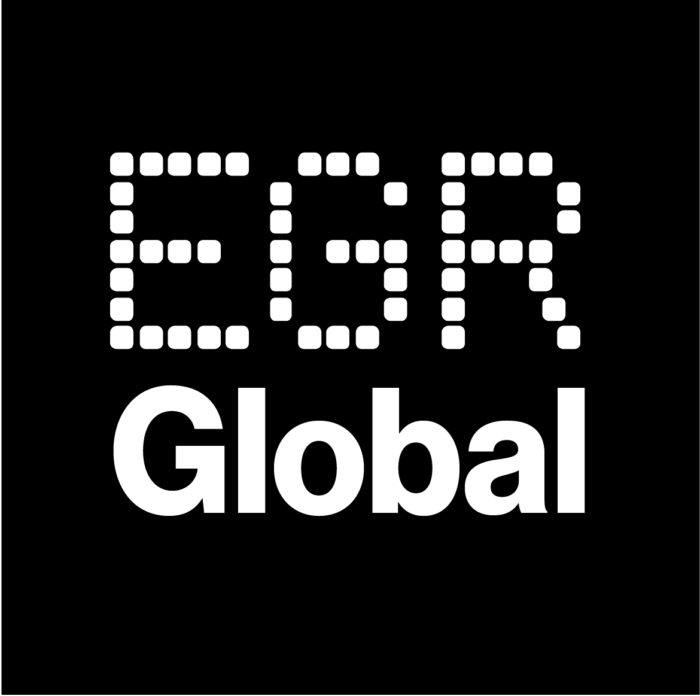
Big Debate: With Flutter set for a secondary listing in the US, should we expect other publicly owned European operators to follow suit?
RB Capital's Julian Buhagiar and Simon French of Panmure Gordon answer this month's burning question


Yes – Julian Buhagiar, co-founder of RB Capital

It’s a truth universally acknowledged that for secondary listings, US IPOs have generally fared better than their EU counterparts. The reason is not entirely binary, ie just because of US total addressable market (TAM) and/or stateside valuation perception, but due to a variety of investor-specific reasons.
First off, TAM. By 2030, it’s estimated the stateside gambling market will be worth in excess of $35bn. Flutter alone is on track to acquire a 40% share of this market, which on the current trajectory would result in an EBITDA of $2.2bn in 2030. This would leave over $21bn of addressable revenue still up for grabs, all of which require lucrative marketing spend and US talent recruitment, with no better avenue than retail investors to resort to.
Secondly, market cap perceptions. Most US-floated equities enjoy a higher price/earnings and book-value ratio than their European cousins. There are, of course, side effects (the shorts market is larger and more volatile) but, longer term, a stateside listing enjoys a larger market capitalisation.
Then there’s the issue of the great abandonment. What’s becoming increasingly more likely, especially with the likes of Flutter, is that many US secondary listers may eventually abandon their London float in favour of New York. And this won’t be the first time someone from the FTSE 100 has ditched London as its primary listing. The last three years especially have not been pretty for UK-based IPOs – and this is not entirely coincidental since Brexit.
Also, double the market exposure means double the scrutiny and risk, so it’s likely that once a secondary float stabilises and becomes widely traded, it may very well supersede and eventually replace its primary listing.
So, yes, there will be secondaries. Expect more UK and EU-listed companies to follow suit in the coming year with an added side-effect that they may leave their incumbent market entirely. The question is: who will be next?
No – Simon French, managing director at Panmure Gordon

Flutter’s decision to pursue a secondary listing in the US reflects more the makeup of its business, where FanDuel is the key component of the investment case, than a trend for other UK and European-listed businesses to pursue a similar secondary listing.
Prior to the listing of DraftKings, US investors had little experience of investing in the space, with The Stars Group being the only previously New York-listed online gambling company (prior to its acquisition by Flutter in 2020).
The deep pools of capital found in London and EU cities such as Paris, Stockholm and Amsterdam mean the online gambling industry has strong access to equity capital and also debt markets, which remain highly supportive of the sector. The equity research analysts of the stockbroking firms and investment banks, allied with the domain expertise of many fund managers and investors, also helps sustain the strong financial ecosystem around the listed gambling companies.
Realistically, only four companies can claim to have meaningful online gambling operations in the US, and two of them, DraftKings and Caesars, are already listed there. The more pressing question is whether BetMGM’s shareholders, Entain and MGM, decide to pursue a listing for their JV as a standalone business. With profitability expected to be achieved during 2023, and rumours of discontent among shareholders, fuelled by MGM’s purchase of LeoVegas and its subsequent acquisition of Push Gaming, it would seem logical to explore this option once investor appetite for Flutter, and fundamentally FanDuel, can be more accurately assessed.
Those thinking the US is a panacea for listing UK and EU-focused businesses should heed the fortunes of Cazoo, the online car marketplace which floated with a near $7bn valuation and is now valued at no more than $65m. The grass is not always greener on the other side of the pond.